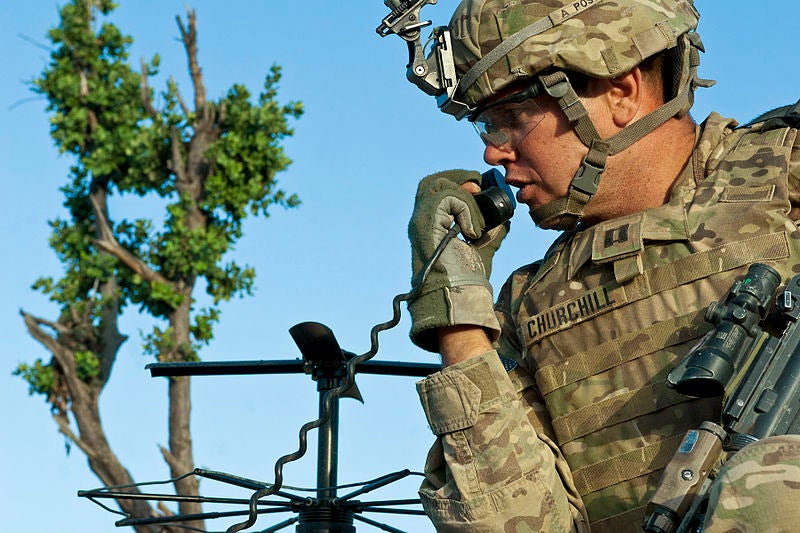
Sierra Nevada Corporation (SNC) has secured a US Army contract to continue the production of Simple Key Loader (SKL), an encryption device which supports secure communications.
The $318.9m contract also requires SNC to continue providing associated engineering and sustainment support services.
The SKL is a handheld device that is used to load cryptographic keys into End Cryptographic Units to enable secure communication. The system is used by the US Department of Defense (DoD) and federal civilian agencies, Nato allies and other partners.
SNC Electronic and Information Systems business executive vice-president Greg Cox said: “This contract is another important milestone in SNC’s long and successful history of producing these critical mission devices for the US Army.
“SNC looks forward to proving SNC can compete and win the development and production of the next-generation load device-medium in support of US.
“DoD cryptographic modernisation efforts far into the future. SNC takes great pride in our track record and the state-of-the-art production process used for the SKL.”
The company has been associated with the US Army’s SKL programme for the last 15 years delivering thousands of devices.
Eventually, the US Army’s next-generation load device competitive programme will replace the SKL.
Owned by Eren and Fatih Ozmen, SNC operates as an aerospace and national security contractor. It provides secure computing and communications solutions to the US DoD and other mission partners.
In April, the company announced that it had started producing personal protective equipment (PPE) for health care workers amid the Covid-19 crisis.



